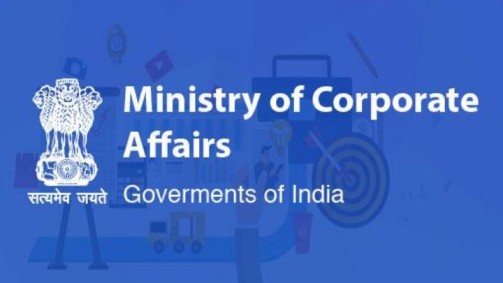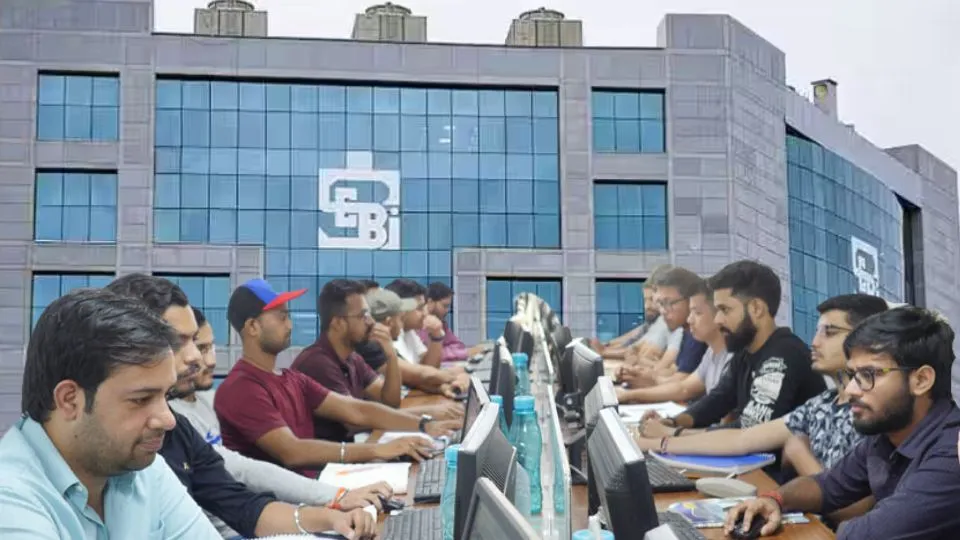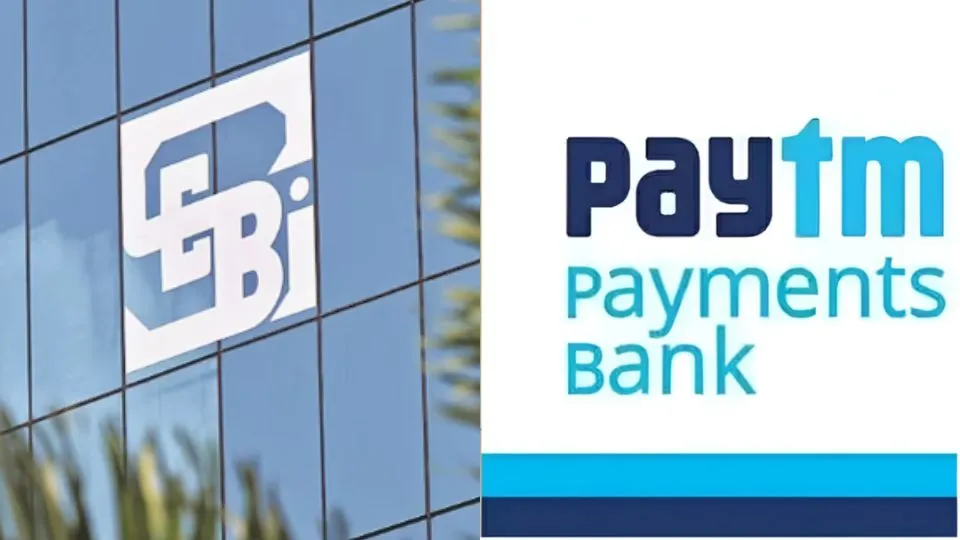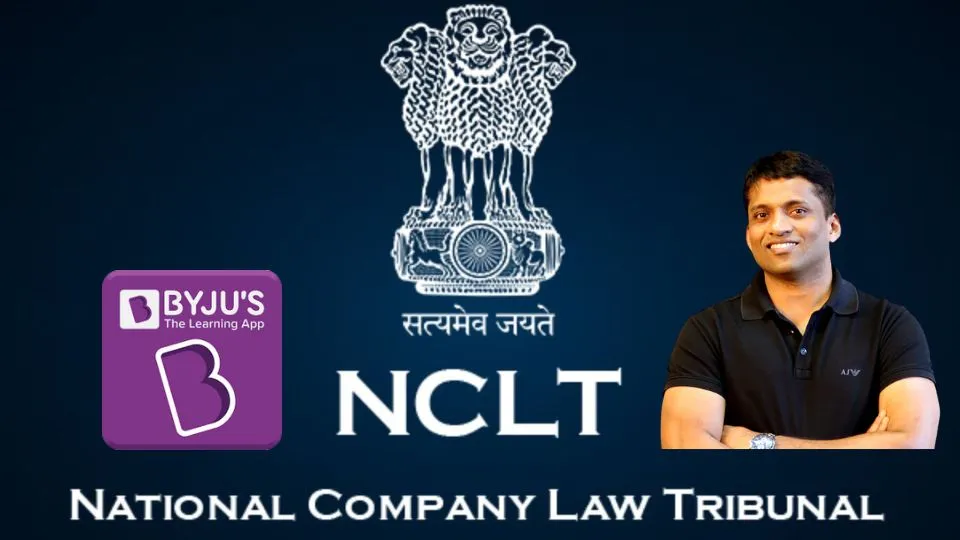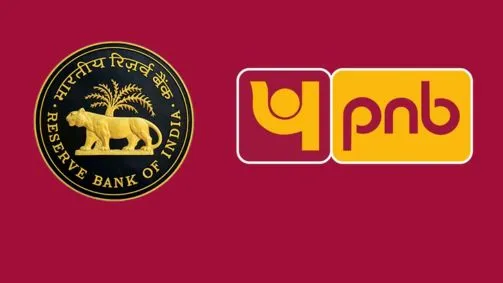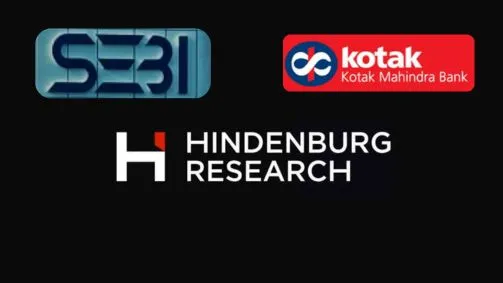LinkedIn India has been fined INR 7 lakh whereas Satya Nadella and Ryan Roslansky were fined INR 2 lakh each by the Ministry of Corporate Affairs [MCA], Govt. of India. Others include Benjamin Owen Orndorff, Sato, Ashutosh Gupta, Mark Leonard Nadres Legaspi, Henry Chining Fong, Michelle Leung and Keith Dolliver.
The bone of contention – SBO norms
A company is an artificial person, in order to identify the individuals who have ultimate control over a corporate entity, the Significant Beneficial Ownership Rules were laid in 2019 by the Ministry of Corporate Affairs, under the Companies Act, 2013.
Significant Beneficial Owners means an individual, who indirectly or taken together directly holds 10% or more in a corporate entity. Here, the control is by virtue of share, virtue of voting rights, virtue of control or virtue of any right to participate in dividend.
A SBO is required to provide a declaration in a BEN-1 form to the Reporting company. The Reporting Company is then required to file the form to the Registrar of Companies [ROC] in Form BEN-2 form within 30 days of receiving the BEN-1 form.
The indirect holding rules played the key role in deciding the SBOs in the case of LinkedIn.
ALSO READ: India To Become $4 Trillion Economy In FY25: Sanjeev Sanyal (globalmoneytimes.com)
Connecting the Dots
As per the ROC, a large part, the majority of LinkedIn India’s directors are Microsoft employees and there is a clear chain of command leading up to Satya Nadella. There are large financial transactions involving LinkedIn undertaken by these Microsoft employees, who report to Satya Nadella. So, courtesy these aspects, the ROC concluded that Satya Nadella is the Significant Beneficial owner as well and should have disclosed the same.
Arguments from both ends
Interestingly, LinkedIn India, argued that Nadella and Roslansky were not their SBOs. Adding to it, they said that if in case their employment were terminated, they would have no control, which for a SBO is a ‘must’ condition.
ALSO READ: RBI Proposes Tighter Regulations For Non-Bank PoS Providers (globalmoneytimes.com)
Well, as told before, the indirect holding rules played the key role in deciding the SBOs in the case of LinkedIn. As ROC stated that significant beneficial owners can have indirect control also constitutes to the exercise of control and significant influence.
This Article has been written by Mr. Anurag Mishra, an aspiring consultant and financial analyst. He is pursuing graduation from North Campus, University of Delhi, and concurrently he is also pursuing CS [Company Secretary] and CMA USA.
